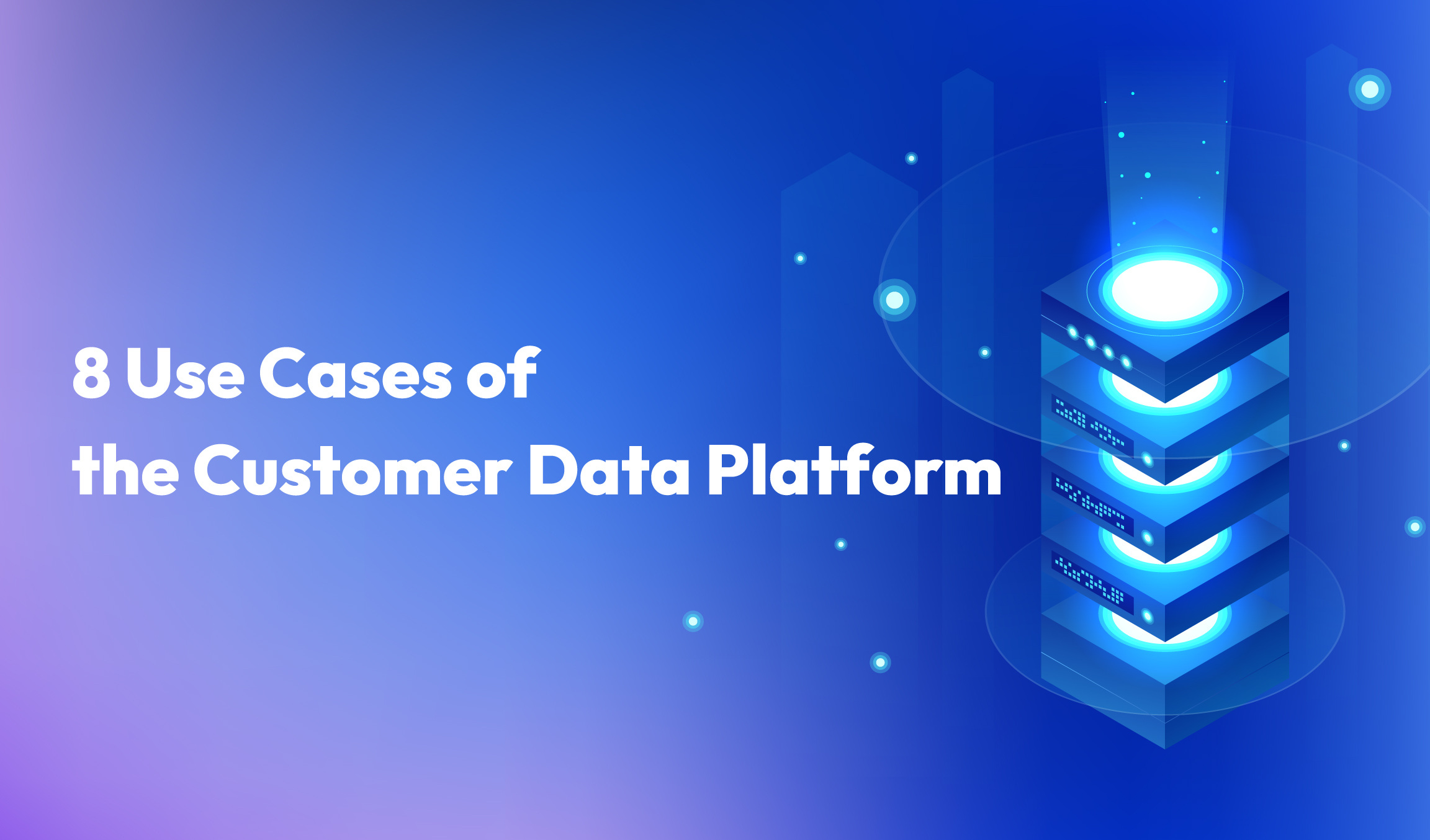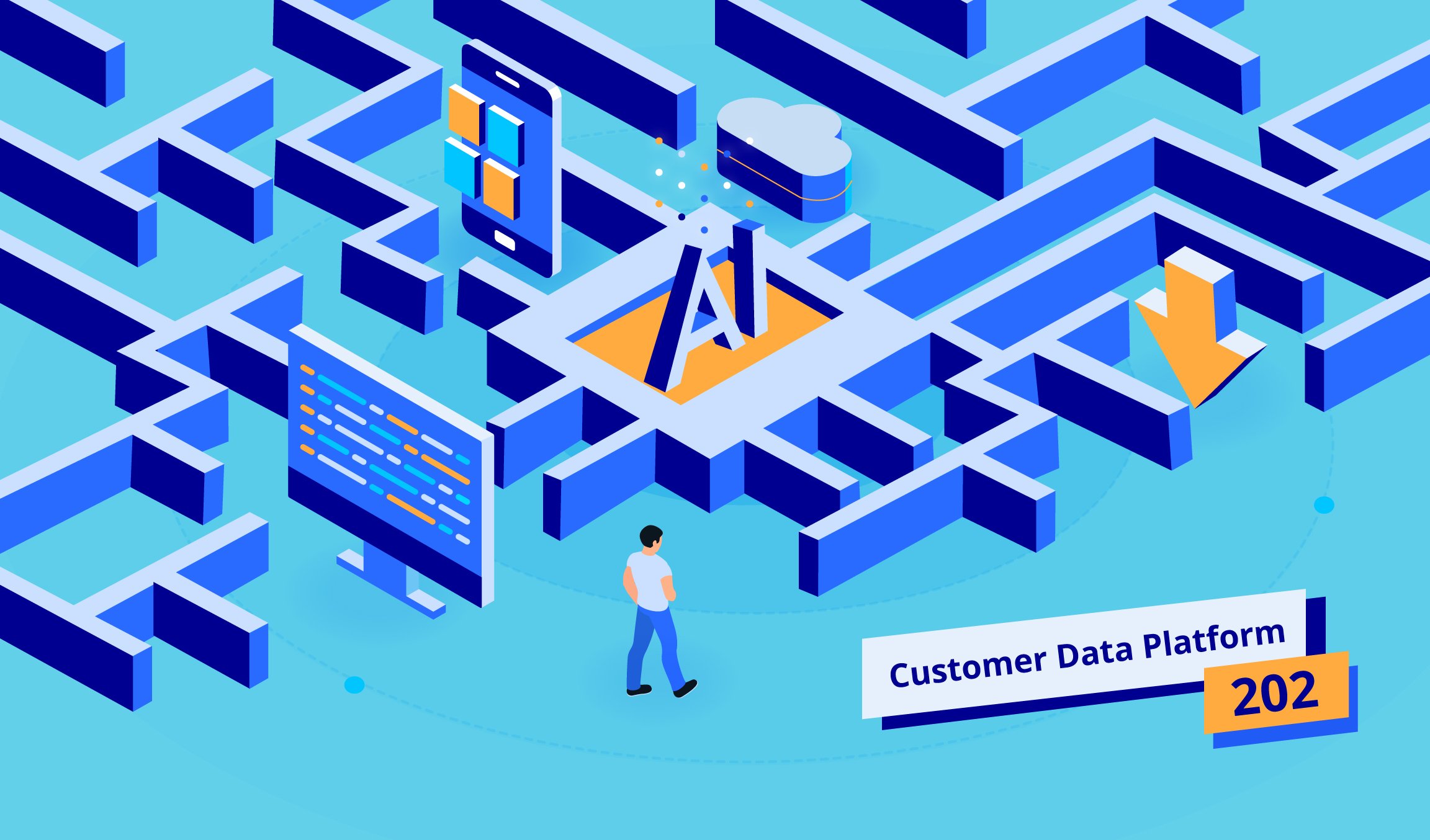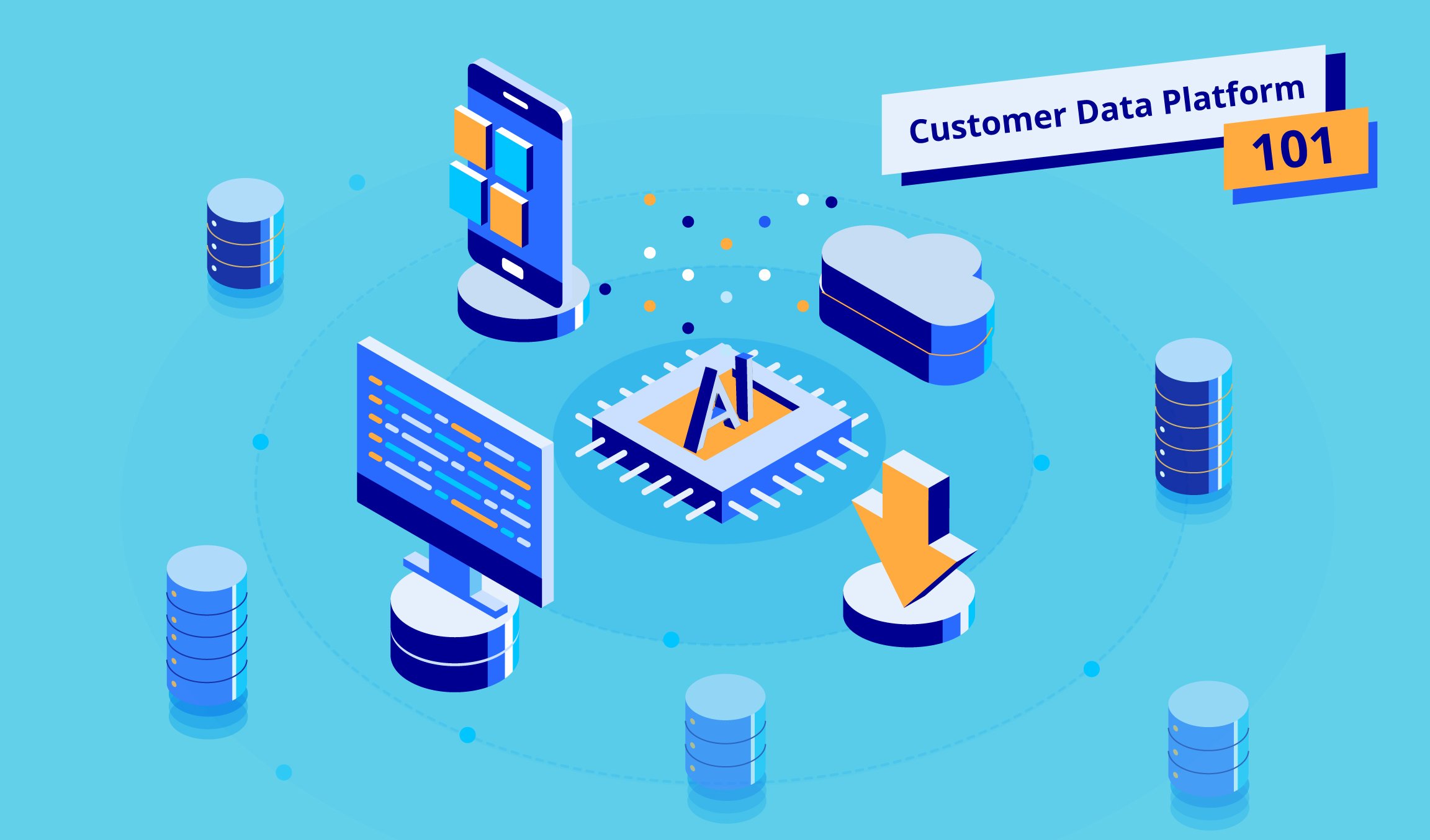5 min read
Aziza Sheerin, Regional Director for General Assembly, recently spoke to us about technology skills required for driving digital transformation, and how people can apply those in their organizations.
Can you tell us a bit about your role at General Assembly and what GA does?
General Assembly started out in 2011 in New York City, and we’ve now scaled to more than 32 cities across 4 continents. GA enables individuals and enterprises to acquire today’s most in-demand skills in areas such as data science, digital marketing, software engineering, user experience design, and product management. We want to make the future work for everyone.
I joined GA five years ago as the first person on the ground in Singapore. I’m responsible for growth, strategic partnerships, and operations in this region.
Many people want to gain technical skills to stay relevant to their employers, and employers want to accelerate digital transformation by having more people with technology skills. There's discussion and evidence that businesses are accelerating digital transformation due to the pandemic. Are you seeing this reflected in requests from both individuals and organizations?
We’ve seen interesting shifts happen during this period as a result of the pandemic, both by employers and government organizations. First, at the company-level, sentiments have shifted from seeing digital transformation as an important “nice-to-have” to it becoming an urgent strategic imperative.
COVID-19 sparked the largest remote working experiment the world has ever seen, and has pulled the future forward for the digital journeys of a number of companies. And while our current circumstances are certainly unusual, in many ways they align with other points in history; according to Brookings Institution, the pace of automation has increased with each of the three recessions that have occurred in the past three decades.
To keep up with these rapidly changing dynamics, we’re seeing more and more companies invest in equipping their workforce with the kind of tech skills needed to build digital solutions that adapt to the evolving landscape and changes in consumer behavior. Many large companies are doubling down on their investment in skills development for their workforce to emerge on the other side of this pandemic with a competitive advantage.
Secondly, many governments around the world have been investing in upskilling and reskilling their workforce. They are motivated by the fact that large-scale retrenchments pose a risk to economic stability, as well as the need to fulfill existing demand by employers for larger pools of talent with digital skill sets. As just one example of the work being done by government partners to address workforce needs, GA Singapore and the Infocomm Media Development Authority (IMDA) entered into a partnership five years ago to reskill Singaporeans to enable them to take up tech jobs. In response to COVID, the Singapore government has earmarked SG$2 billion (US$1.46 billion) for jobs and training support, which will surely lead to even greater access for upskilling resources.
Has there been any shift in the kinds of things people want to learn?
We’ve seen a steady increase in demand for topics such as Data Analytics, Data Science, Digital Marketing, Software Engineering, and User Experience Design.
I would say that the demand for data and digital marketing skills especially have increased over the course of this year.
At Appier, we help businesses grow by helping them effectively leverage AI for digital marketing, so we're interested to know if people want to learn more about these areas! Can you share some insights?
Southeast Asia has seen an ongoing trend in the rise of digital consumers. According to a recent report by Bain and Facebook, “digital consumers in Southeast Asia have grown exponentially, from 90 million in 2015 to 250 million in 2018. This number is expected to grow 1.2 times by 2025.”
COVID-19 has just accelerated this. With everyone in lockdown, many people turned online for shopping, learning, socializing, and entertainment. With every aspect of the consumer journey becoming fully digital, brands have had to find a way to quickly pivot to improving their digital consumer experience or risk getting left behind.
At the same time, most companies are tightening their purse strings and are trying to operate on leaner margins. So there’s an even greater pressure to maximize the return on investment from each marketing dollar spent and reduce inefficiencies.
There needs to be a more data-driven approach to acquiring, engaging, and retaining customers versus relying on hunches and guesswork. This is where solution providers like Appier come into play – by providing companies with the kind of reliable data and tools they need to make business decisions.
Companies that have been traditionally offline are now going digital. The way these businesses acquire, service, and retain customers has changed dramatically, and their success will hinge on their ability to execute against the next stage of their business model’s evolution.
What are some of the most sought-after skills by employers, and how are they applying them in their organizations when it comes to digital transformation (i.e. AI initiatives, data projects, etc.)?
Looking at it from a high-level, employers are increasingly looking for employees who are adaptable, resourceful, and current on the changing needs of the business, the industry dynamics, and the broader technological landscape. What this means in terms of skills is that employers are looking for employees to understand how digital transformation initiatives will impact their function, and to take an active approach in learning about the tools and capabilities that will make them more effective in their roles. Which skills are most relevant will depend on the division (e.g. marketing, engineering, data science, etc.), but the mindset shift and proactive approach to upskilling have been common themes among many of the employers that we interact with.
Has offering courses virtually allowed you to expand further geographically? Do interests vary around the SEA region (or beyond)?
At GA, we care a lot about preparing the workforce of the future, and virtual courses definitely help us increase our reach. It’s easier than ever to learn from our experienced instructors from the comfort of your own home, which removes some of the friction involved in commutes, particularly as we continue to navigate the pandemic.
We also organize a number of virtual events that are free and open to the broader community, and hosting these events virtually has increased our reach. For example, we ran an initiative called Free Fridays between April and July where we hosted free workshops on a range of topics every Friday. In just APAC alone, more than 60,000 people attended workshops. We’re currently running another event series called “ Made in Singapore” where we’re showcasing the trendsetters and trailblazers in Singapore across a range of fields - tech, venture capital, sustainability, healthcare, bars, social impact, and more.
Aziza Sheerin is the Regional Director for General Assembly (GA) – a global tech education company advancing the future of work. General Assembly has a presence in 32 cities across 4 continents, and was voted one of the world’s most innovative companies in education by Fast Company. Aziza launched and scaled General Assembly in Singapore. Prior to GA, she worked on market expansion in emerging markets in Asia for a financial education firm. She is passionate about education and economic empowerment; and creating more opportunities in the tech industry for people of diverse backgrounds.
* Read more from our “Ask the Experts” series, and see what we have discussed with other thought leaders about AI, digital marketing, data, technology, and more.



